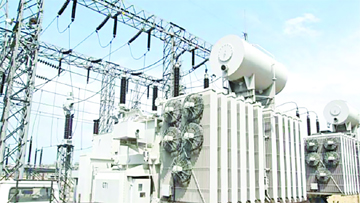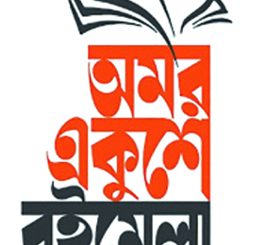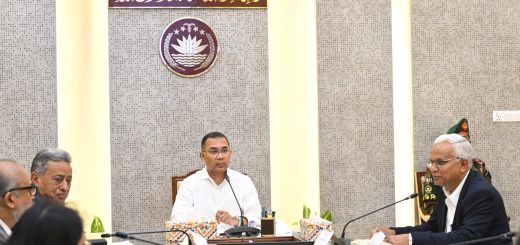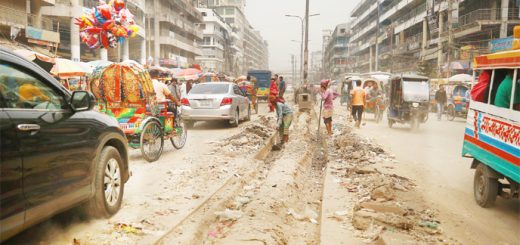Elections or overhaul first?: Unity at risk over reform delays

Abu Jakir :
After four months in office, the interim government led by Dr Muhammad Yunus begins the New Year amid rising political tensions and debates over its dual objectives: implementing reforms and conducting free and fair general elections.
With no clear roadmap yet, opposition parties, led by the Bangladesh Nationalist Party (BNP), are increasing pressure for early elections. Meanwhile, student-led movements and civil society groups are demanding comprehensive reforms and justice for past atrocities before any polls take place.
The nation is divided over whether elections or reforms should take precedence. Political leaders argue that elections must come first, with reforms continuing as a gradual process.
Conversely, leaders of the anti-discrimination student movement and the Jatiya Nagorik Committee insist that reforms are crucial to ensuring credible elections.
This growing divide threatens to destabilise the fragile unity established following the 5 August overthrow of the Awami League regime.
While the interim government initially brought together diverse stakeholders, disagreements over priorities are now straining relationships among political parties, student groups, and civil society.
The BNP and its allies, representing a significant segment of the political spectrum, demand that the interim government focus on essential reforms and hold elections without delay.
BNP Secretary General Mirza Fakhrul Islam Alamgir recently issued a stark warning:
“People will have to take to the streets, as they did on 5 August, to reclaim their voting rights. Do you truly want change? Or do you want the Awami League back? If not, we must mobilise just as we did on 5 August.”
Political analysts anticipate an increasingly heated political climate this year. The BNP has threatened widespread protests if elections are not held within the year, intensifying pressure on the Yunus government to establish a clear timeline.
Professor Mahbub Ullah, a political analyst, pointed out that the unity forged after the fall of the Awami League regime is now under strain due to growing concerns over election scheduling.
“A unique sense of national unity had been established, but doubts over election timelines have created fractures. There is a perception that the government may use the guise of reforms to delay elections, potentially benefiting a particular political group,” he observed.
Reforms remain a pivotal issue, with six key reform commissions-covering the electoral system, police administration, judiciary, anti-corruption measures, public administration, and constitutional amendments-expected to submit their reports by early January.
Five additional commissions, formed later, are set to complete their work by February. These reports will serve as the basis for discussions among political parties and stakeholders as the interim government seeks to build consensus on a roadmap.
LGRD Adviser and student leader Asif Mahmud Sajeeb Bhuiyan stressed the importance of preserving national unity, stating:
“Our main challenge is to build a new Bangladesh based on public consensus while maintaining unity at all costs.”
Dr Yunus’s government faces a delicate balancing act. The BNP and its allies favour swift reforms followed by elections, while groups like Jamaat-e-Islami and Islami Andolon advocate for reforms to continue under an elected government. However, student leaders argue that without substantial reforms, any elections risk perpetuating past injustices.
Saiful Haque, General Secretary of the Revolutionary Workers Party and a leader of the Ganatantra Mancha, voiced concerns over growing divisions:
“At a time when unity is most needed, certain leadership initiatives are deepening fragmentation.”
The interim government’s chief adviser, Dr Yunus, plans to initiate dialogue with political parties and stakeholders in February, aiming to finalise a consensus-based roadmap. Key issues include the extent of reforms achievable before elections, a framework for implementing reforms post-election, and a definitive election timeline.







